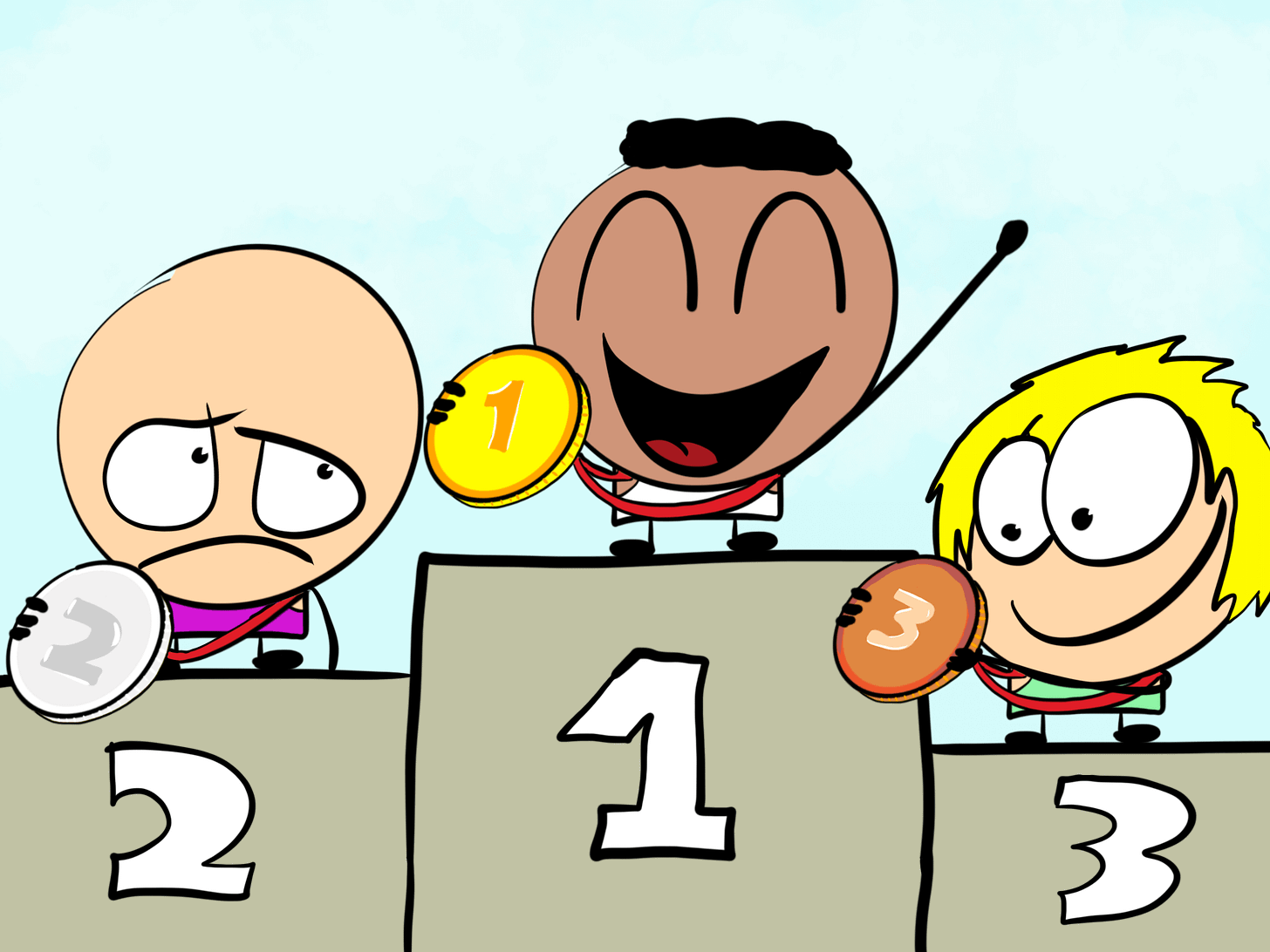Why Third-Place Winners Are Often Happier Than Second-Place Winners
A closer look at the less-is-better effect
Note: You are receiving this email because you subscribed to my newsletter. You can unsubscribe anytime by scrolling to the bottom of this email and clicking the unsubscribe link.
Hi everyone!
Thanks for joining me.
Today's story is a little self-helpy in that it touches the topic of how to be happier. Specifically, I explain the less-is-better effect, a phenomenon which I think most people haven't heard about yet. If you don't know what it is either, well, read on. I've used ice cream to explain it :-)
Why Third-Place Winners Are Often Happier Than Second-Place Winners
A closer look at the less-is-better effect
There’s a strange phenomenon among Olympic medal winners: athletes who’ve won a silver medal are generally not as happy as those who’ve won a bronze medal. If you didn’t know this, you’re probably scratching your head right now: “Wait, what? Earning third place makes people happier than earning second place?”
But that’s exactly what a study in the Journal of Personality and Social Psychology discovered. In fact, it’s not only Olympic athletes who are often happier with an objectively worse option. This phenomenon, known as the less-is-better effect, shows up in other contexts as well, such as in gift giving, shopping, and buying ice cream. For instance, you generally get a bigger smile from someone if ...
Comics I’ve published recently:
As always, feel free to reply to this email if you want to say hi.
Thanks for reading!
—David
PS: Feeling generous?


